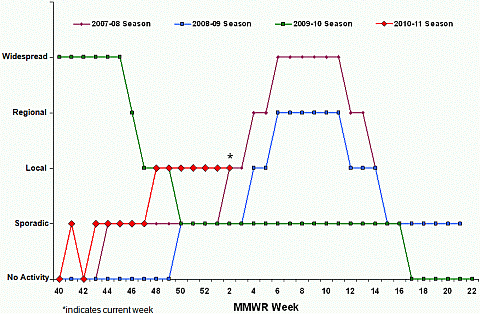 CareNotes February 1, 2011
CareNotes February 1, 2011
What is snoring?
* Snoring is a sound that is made by the movement of air over relaxed throat and tongue muscles. During sleep, the breathing muscles relax much more than when a person is awake. the throat and tongue muscles loosen and sag. this may partially block your windpipe, causing noise when you breathe.
* most snoring is not dangerous. however, snoring in some people may be a sign of obstructive sleep apnea (AP-nee-ah) syndrome (SIN-drohm), or OSAS. Apnea is when a person stops breathing for ten or more seconds. a person has SAS if he stops breathing five or more times inone hour. a person also has OSAS if he stops breathing 30 or more times during a six hour sleep period. Ask your caregiver for more information if you think that you may have sleep apnea.
What makes a person more likely to snore? Snoring is more common in men, older adults, and people who are overweight. you are more likely to snore after drinking alcohol, or taking medicines that make youdrowsy or relaxed. Women are more likely to snore in the later stages of pregnancy. having a cold, stuffy nose, or throat problems (such as tonsillitis) may increase your chance of snoring. having nose problems such as a deviated (DEE-vee-ay-ted) septum may cause snoring. a deviated septum is when the middle wall of the nose is not in the right place.
What are the signs and symptoms of snoring? the main symptom of snoring is loud noises made with breathing when you are asleep. you maynot hear yourself snoring, but your bedmate may be bothered by the noise. you may have daytime sleepiness because of not getting good rest from your sleep. Problems caused by severe (very bad) snoring may include headaches, depression (sadness), and changes in your behavior (how you act).
How is snoring diagnosed? your caregiver will examine you and ask questions about your signs and symptoms. you may need to go to the hospital for tests and treatment. you may need to see a special caregiver and have one or more sleep studies done. During sleep studies, caregivers can check for problems with breathing and sleep that you may not notice yourself. Ask your caregiver for more information about tests you may need for snoring and sleep apnea.
How is snoring treated?
* for most snoring: Snoring can be treated and controlled most of the time. How you are treated may depend on what is causing your snoring. Treatment may also depend on how bad your snoring is, and if youhave other problems such as sleep apnea. Losing weight if you are overweight may help decrease snoring. different sleeping positions, such as lying on your side, may help decrease snoring. Before bedtime, you may need to avoid drinking liquids that contain alcohol, or takingmedicines that make you drowsy or relaxed.
* for snoring with sleep apnea: Treatment for snoring caused by sleep apnea may include one or more of the following:
** Continuous positive airway pressure (CPAP): a CPAP machine is used to keep your airway open during sleep. with CPAP you wear a mask over your nose and mouth, or just your nose. the mask is held in place by soft elastic straps that go around your head. the mask is hookedup to the CPAP machine. the machine blows a gentle stream of air into the mask when you breathe. the stream of air helps to keep your airway open so you can breathe more regularly. Extra oxygen may be givento you through the machine also.
** Dental appliances: Caregivers may have you wear a dental appliance (ah-PLEYE-ans) in your mouth during sleep. it is like a mouthguard or a mouth retainer. the appliance helps to keep your airway open while you sleep. you will need to be fitted for your dental appliance by a dentist.
** Surgery: there are many kinds of surgeries and procedures to treat snoring that is caused by certain physical (body) problems. Caregivers will talk to you about which type of surgery or procedure may be best for you. Surgeries that may be done include nose or throat surgery.
Risks: most snoring is harmless. Some snoring can cause, or be caused by, other health problems. you can have high blood pressure if your snoring is due to sleep apnea syndrome. with time, sleep apnea cancause a stroke or heart and lung problems. Snoring at night can makeyou very tired during the day. do not drive if you are tired. Call your caregiver if you are worried or have questions about your snoringor sleep apnea.
Copyright 2011 Gale Group, Inc.All Rights ReservedASAPCopyright 2011 All rights reserved. Information is for End User?s use only and may not be sold, redistributed or otherwise used for commercial purposes. CareNotes
Wire News provided by